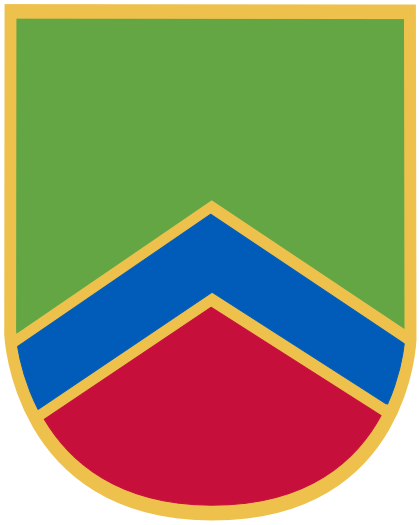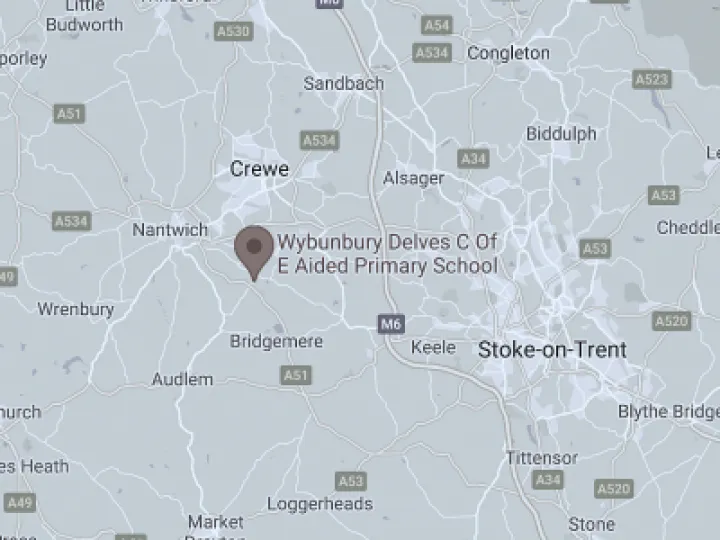Year 4 News 8.10.21
These weeks in year 4 are speeding by and each week you continue to impress me even more.
On Monday, we spent our English lesson understanding how to edit our writing carefully. We recapped the way our writing is marked and what edits we would need to look at. The children then used green pen to make changes to their writing. Towards the end of the lesson, the children continued to write up their monster stories neatly. Our focus was on presenting and editing our writing ready for the final piece. Main clauses was the main focus within our SPaG lesson. We learnt about what they are and how they make sense on their own. We compared this to what subordinating clauses do and we worked like a detective to find subordinating clauses in a different Viking sentences. We are becoming confident to write sentences with a main clause, a subordinating clause and a conjunction.On Wednesday, we wrote our cold writes for our new unit of English. We then moved on to learn about what a persuasive piece of writing was based around. The children were given debates and asked how they would persuade them to have the same point of view. We then learnt about the different skills you can include within your piece of persuasive writing. Also, we learnt the beginning of our new model text.
In our handwriting lessons this week, we have continued to practise the formation of letters and practised joining these letters together. Our focus is on ensuring that each individual letter is formed correctly.
Our book club time this week has been spent reading aloud and exploring our year 4 reading challenge books.
During spelling lessons the week, we have been learning our year 3/4 common exception words. The children have been adding sound buttons to the words, writing the words in sentences, segmenting the words into sounds, using colours to show the parts of the words and drawing pictures to help us to remember the words.
Numberlines and counting in 25s featured in one of our power maths lessons. We worked quickly to identify how to count in steps of 25 and thought carefully about how to identify if a number is a multiple of 25. We then moved on to learn about negative numbers. The children considered when we come across negative numbers. We talked about negative numbers being used in temperatures. The children learnt how negative numbers began at 0 and continue from -1. We added numbers to sequences and worked out what happened to negative numbers when we added and subtracted from them. At the end of our week, we completed our place value end of unit assessments which we discussed and talked through and we spent time practising our times tables. Each day we have also been continuing to develop our arithmetic knowledge through our starters.
During our science lessons this week, we have been exploring how sound travels. The children started by recapping how sound travels from a guitar to our ears. The children then moved on to explore our String Telephones that we made last week. The class were asked to answer three questions based on what they had learnt from using the telephones. We discussed how the sound travels better when the string is taut and that the vibrations travel along the string. Later on in our lesson, we went on to plan our sound investigation that we would be conducting around school.
We had a small amount of time to develop our coding skills this week using our Hour of Code activities on Code Studio.
In our RE lesson this week, we focused on the phrase 'took the bread, gave thanks; broke it and gave it to the people'. This phrase is taken from the story of the Feeding of the 5000. The children discussed and worked out what the phrase meant to Christians. We then moved on to compare this to the story of The Last Supper. At the end of our lesson, the children recapped all of the gospels we have covered in our RE lessons so far.
Forest schools continued to develop our outdoor skills this week. We started our lesson by recapping the trees we had previously identified. We remembered how some leaves were compound meaning that they are made up by many smaller leaves. The children then learnt about more trees they could identify from their leaves, branches and flowers. We then went on to learn how to cook safely. The children picked cooking apples from our orchard and Mr Hadfield showed the class how to prepare them for the fire. He then built a bbq and placed the apples in foil on top. Whilst the apples were cooking, the children were asked to explore the area around them for the most interesting parts of nature they could find. Once the apples had cooled a little, they were able to eat them. It was so nice to see the everyone trying it. At the end of our session, the children continued to develop their archery skills. We were focusing on our aim and consistency skills.
Our History lesson was continued from last week. We were answering the question 'Why were the Vikings so successful?' This week, we learnt about Viking weapons and Viking cultures and beliefs. The children were given information and asked to write key bullet points to support their answer. We then wrote an answer to the question we had been exploring. For our final task in our lesson, the children created posters warning Anglo-Saxons of how the Vikings invaded.
We continued to develop our skills to identify settlements in Geography this week. We logged into MyMaps to begin annotating our own UK map to locate a village, town and city. This enabled us to think about adding a pin, a description of the settlement, and a photo. We can now talk about the key features of each type of settlement.
We have also been taught Music by Mrs Jenkins this week. We have been learning our Viking Rock song.
I have really enjoyed our week together again in Year 4!
Miss Welch
Quick Links
Contact Us
office@wybunburydelves.co.uk
01270 841302
Wybunbury Delves
Bridge Street
Wybunbury
Nantwich
CW5 7NE

